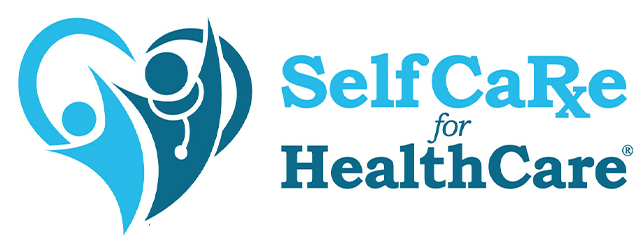SelfCare for HealthCare: The Link Between Exercise and Memory from LeAnn Thieman on Vimeo.
As LeAnn Thieman points out in the video above, exercise may be more important than most think; that’s because exercise isn’t just great for your physical health, it’s also great for your mental health. Studies show that consistent exercise improves both brain function and memory in older adults. Why? Exercise improves cardiac function, which in turn improves brain health. So, take care of yourself. Start now to improve your cardiac health, your brain health, and to boost your memory! Here are a few exercises that almost everyone can enjoy:
Walking
It’s a simple, yet effective way to improve your overall health, as well as your mental wellbeing. Get outside and take walks consistently to get your blood pumping and to soak in some fresh air. Strive to walk several times per week, and walk for half of an hour or more. You’ll raise your heart rate a bit, stretch the muscles, and breathe more deeply. Walking can improve circulation and it can provide more oxygen to cells (including brain cells) throughout the body.
Jogging
If you are fit enough to jog, go right on ahead! Jogging is even more effective and impactful than walking, since it further elevates your heart rate, and you’ll fill your lungs with fresh air along the way. Again, strive to jog for an extended amount of time; you’ll want to elevate your heart rate and keep it elevated for a bit!
Dancing
As LeAnn points out, you don’t have to make exercise feel like exercise; you can dance your way to good health! Regardless of how you like to dance, if you’re on your feet and moving, you’re improving your health. So put on your favorite album, and get moving!
Now, plenty of folks aren’t fit enough to run or dance in their later years, especially those with arthritis or other afflictions. Fortunately there are other low-impact options, including swimming and yoga:
Swimming
Swimming is a no-impact exercise, which is great for those who suffer from joint problems, and those recuperating from illness or injury. A dip in the water doesn’t just feel good, it’s great for your whole-body health, and it can improve your cognitive abilities. Since swimming requires work from most of the muscle groups in the body, it is especially effective at raising the heart rate (which, once again, improves brain cognition).
Yoga
Yoga is another great low-impact activity, and it’ll challenge your muscles as well as your heart. While holding poses, you’ll get your heart rate pumping, and you’ll feel the results. Plus, yoga is best performed with deep, consistent breaths, and that means more oxygen for the brain.
A Bit About SelfCare for HealthCare™
Here at SelfCare for HealthCare, we embrace the idea that individuals can, and should, care for themselves—even those who care for each other. There is an unfortunate, odd epidemic in the healthcare world where nurses and doctors are overworked and overstressed, which leads to career burnout. We’re here to reverse that problem, and that’s why we strive to provide real solutions for nurses and other healthcare professionals who struggle with burning out. These professionals are already so preoccupied with caring for their patients; they often neglect caring for themselves. However, there are solutions out there! Learn more about the SelfCare for HealthCare program, and help us to reverse nurse and caretaker burnout!





